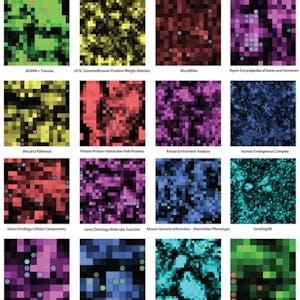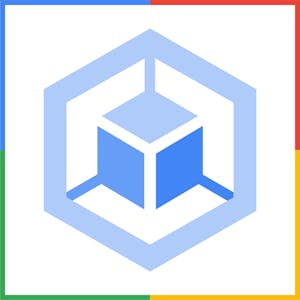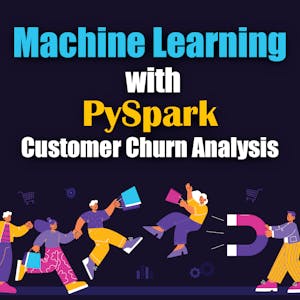Big Data Science with the BD2K-LINCS Data Coordination and Integration Center
About this Course
The Library of Integrative Network-based Cellular Signatures (LINCS) was an NIH Common Fund program that lasted for 10 years from 2012-2021. The idea behind the LINCS program was to perturb different types of human cells with many different types of perturbations such as drugs and other small molecules, genetic manipulations such as single gene knockdown, knockout, or overexpression, manipulation of the extracellular microenvironment conditions, for example, growing cells on different surfaces, and more. These perturbations are applied to various types of human cells including cancer cell lines or induced pluripotent stem cells (iPSCs) from patients, differentiated into various lineages such as neurons or cardiomyocytes. Then, to better understand the molecular networks that are affected by these perturbations, changes in levels of many different molecules within the human cells were measured including: mRNAs, proteins, and metabolites, as well as cellular phenotypic changes such as cell morphology. The BD2K-LINCS Data Coordination and Integration Center (DCIC) was commissioned to organize, analyze, visualize, and integrate this data with other publicly available relevant resources. In this course, we introduce the LINCS DCIC and the various Data and Signature Generation Centers (DSGCs) that collected data for LINCS. We then cover the LINCS metadata, and how the metadata is linked to ontologies and dictionaries. We then present the data processing and data normalization methods used to clean and harmonize the LINCS data. This follows by discussions about how the LINCS data is served with RESTful APIs. Most importantly, the course covers computational bioinformatics methods that can be applied to other multi-omics datasets and projects including dimensionality reduction, clustering, gene-set enrichment analysis, interactive data visualization, and supervised learning. Finally, we introduce crowdsourcing/citizen-science projects where students can work together in teams to extract gene expression signatures from public databases, and then query such collections of signatures against the LINCS data for predicting small molecules as potential therapeutics for a collection of complex human diseases.Created by: Icahn School of Medicine at Mount Sinai

Related Online Courses
This course introduces a powerful set of data science tools known as the Tidyverse. The Tidyverse has revolutionized the way in which data scientists do almost every aspect of their job. We will... more
This learning experience guides you through the process of utilizing various data sources and multiple Google Cloud products (including BigQuery and Google Sheets using Connected Sheets) to... more
This is a self-paced lab that takes place in the Google Cloud console.In this lab, you learn about the different options for sharing and scheduling dashboards in Looker.Created by: Google Cloud more
This 90-minute guided-project, \"Pyspark for Data Science: Customer Churn Prediction,\" is a comprehensive guided-project that teaches you how to use PySpark to build a machine learning model for... more
Show your mastery of JavaScript full-stack application development by completing this capstone project! In this course, you will apply your knowledge and skills to a real-life inspired challenge... more








